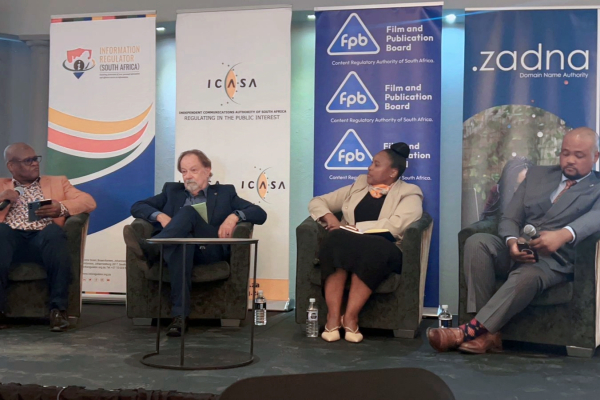With technological advancements, there are increasingly sophisticated regulatory challenges around data privacy, cybersecurity, and online safety. Establishing a unified regulatory platform supports broader goals, like increasing internet penetration and digital literacy, which are vital for economic development in the digital age.
On October 10, South Africa launched the ICT and Media Regulators Forum (ICTMRF) to unify regulatory efforts in ICT and media. The initiative, under the theme “United for a better digital world" will enhance regulatory cooperation, reduce redundancies, and address challenges posed by the rapidly evolving digital landscape.
ICASA CEO Tshiamo Maluleka-Disemelo, chair of the forum, highlighted that the goal of the partnership is “to work together to solve shared challenges and seize new opportunities,” while emphasizing the forum’s potential to create a more responsive regulatory framework.
The forum includes the Independent Communications Authority of South Africa (ICASA), the Information Regulator, the .ZA Domain Name Authority (ZADNA), and the Film and Publication Board (FPB). It will focus on data privacy, cybersecurity, and online safety, among other priorities, and aims to foster synergy among participating entities to address issues like child safety online and harmful content.
The move addresses long-standing concerns about fragmented ICT regulation in South Africa. The ICT market in South Africa is expected to grow at a steady rate, driven by the adoption of digital services and technology integration across industries. Mordor Intelligence projects the market to grow from an estimated USD 36.81 billion in 2024 to USD 53.85 billion by 2029, with an expected compound annual growth rate (CAGR) of 7.9% over the forecast period.
Addressing regulatory fragmentation through platforms like the newly established ICT and Media Regulators Forum could enhance coherence and make South Africa’s regulatory framework more agile and efficient. This is crucial for maintaining global competitiveness and attracting investments in digital infrastructure.
Hikmatu Bilali



















